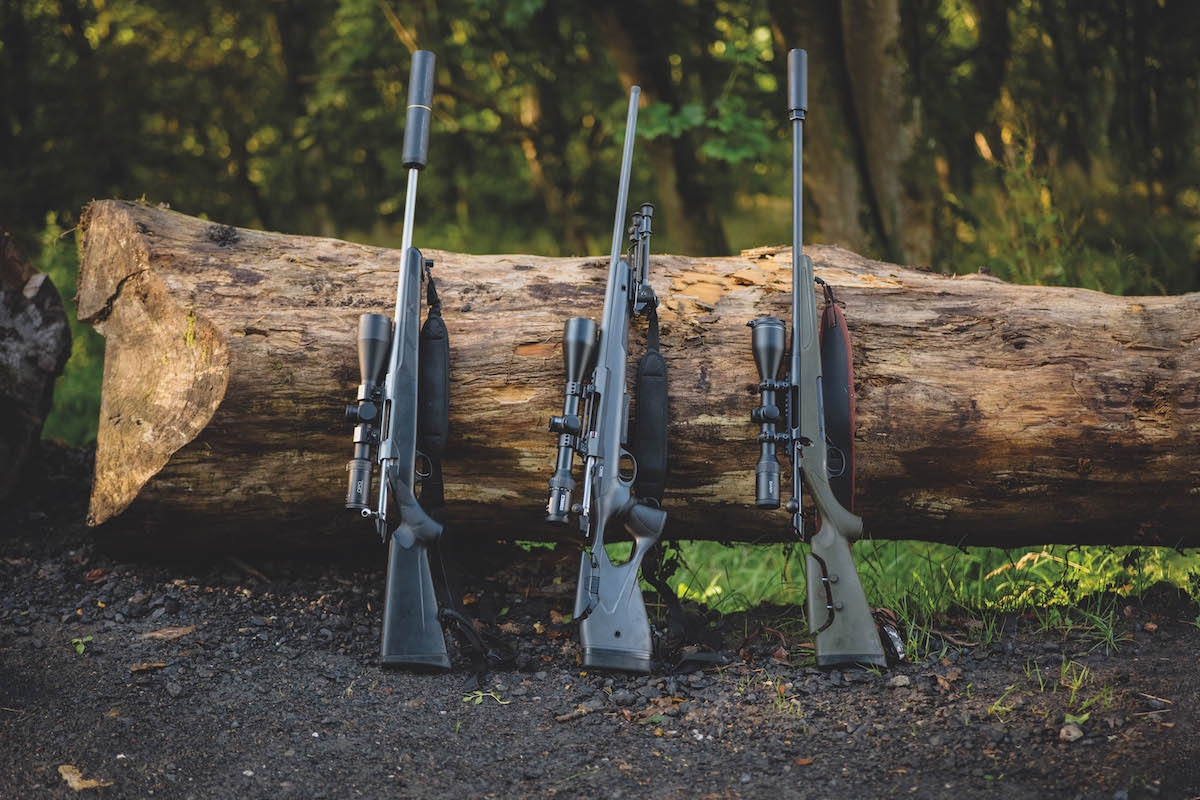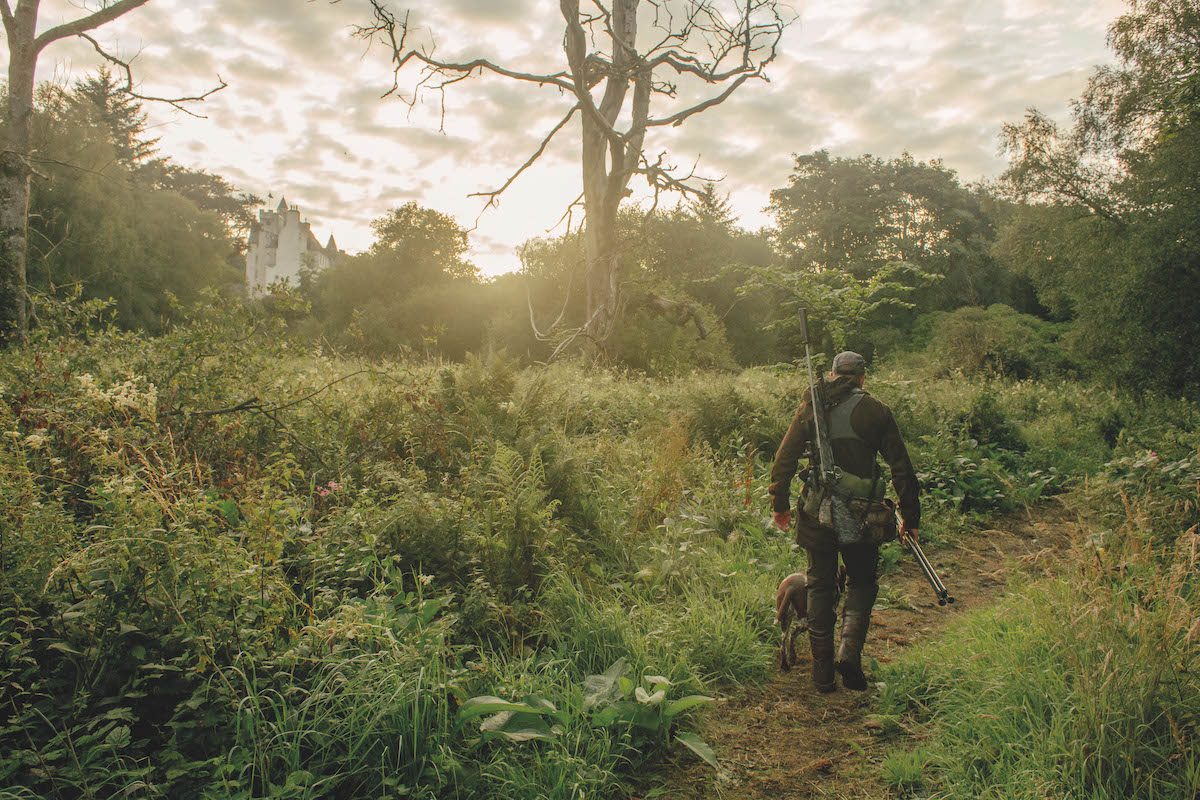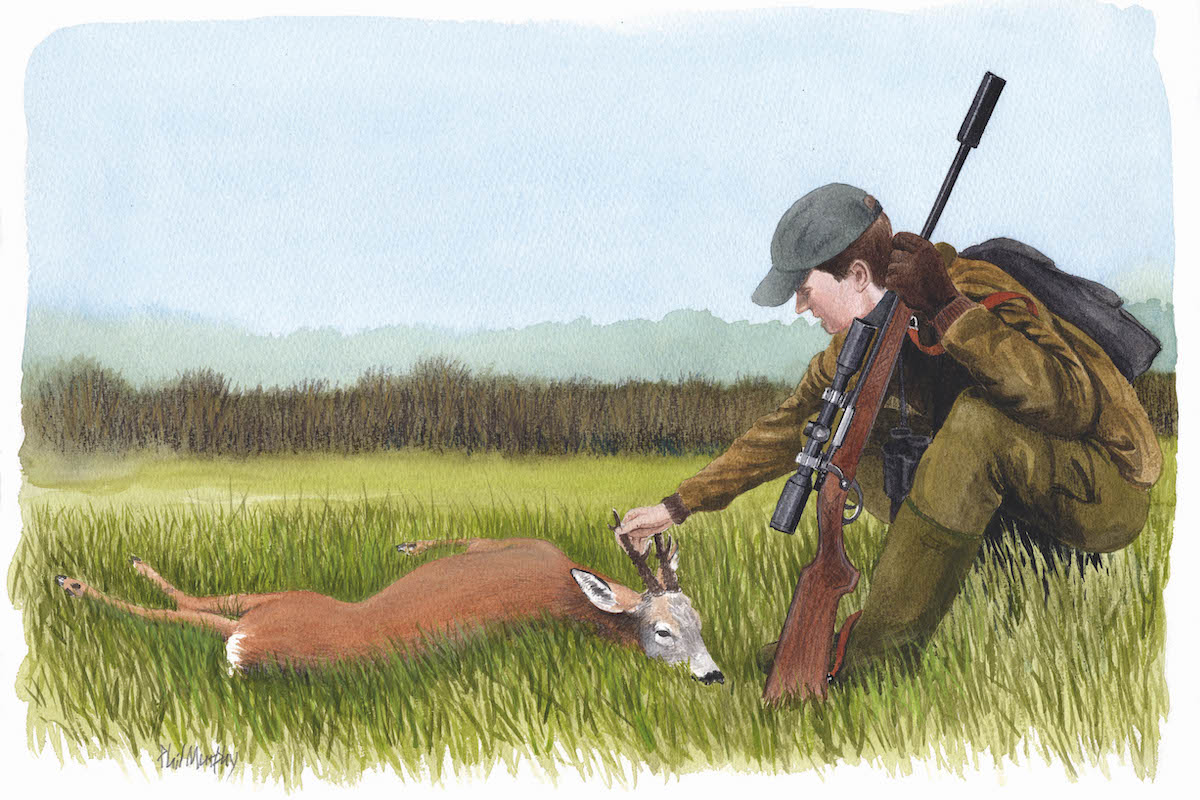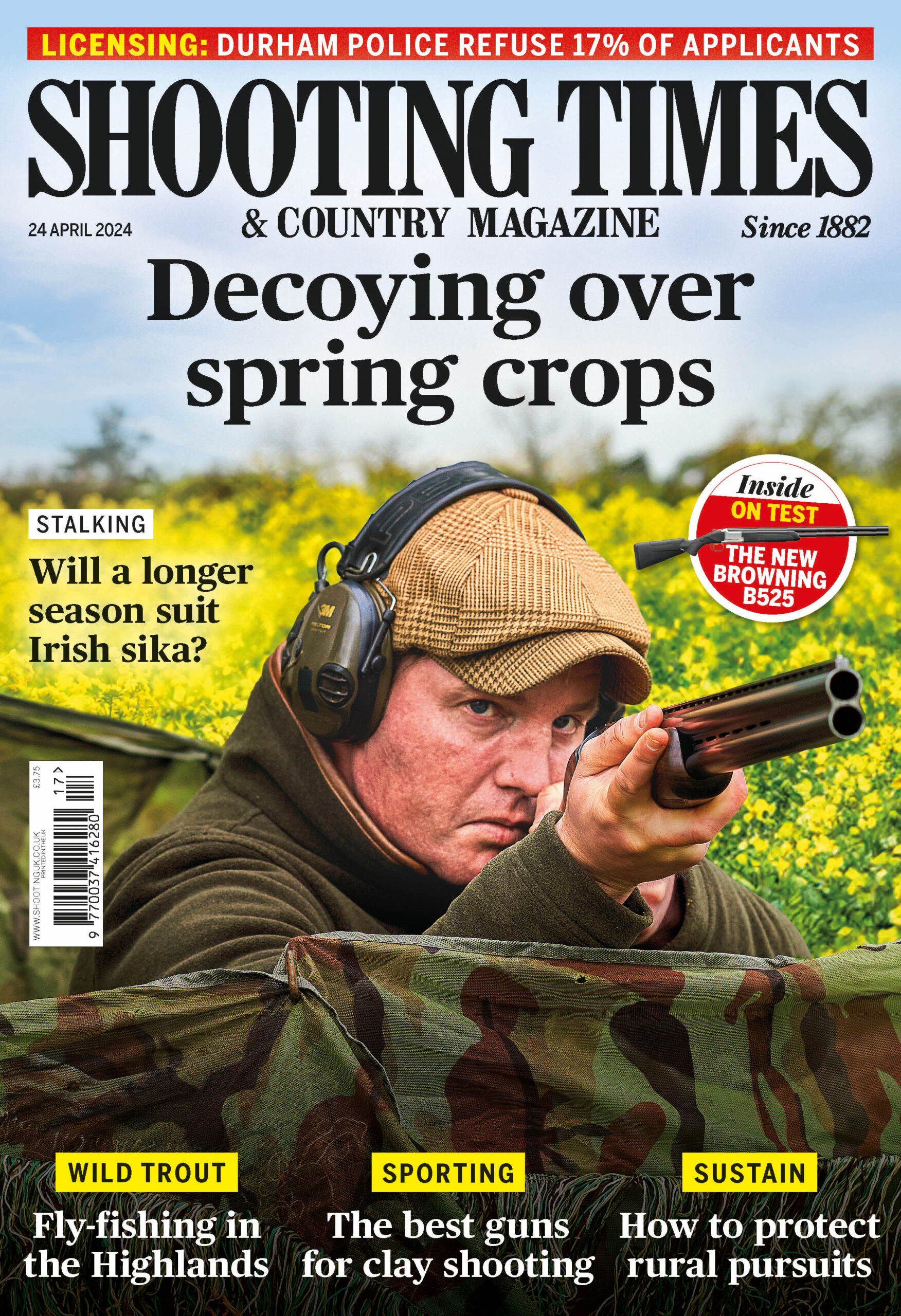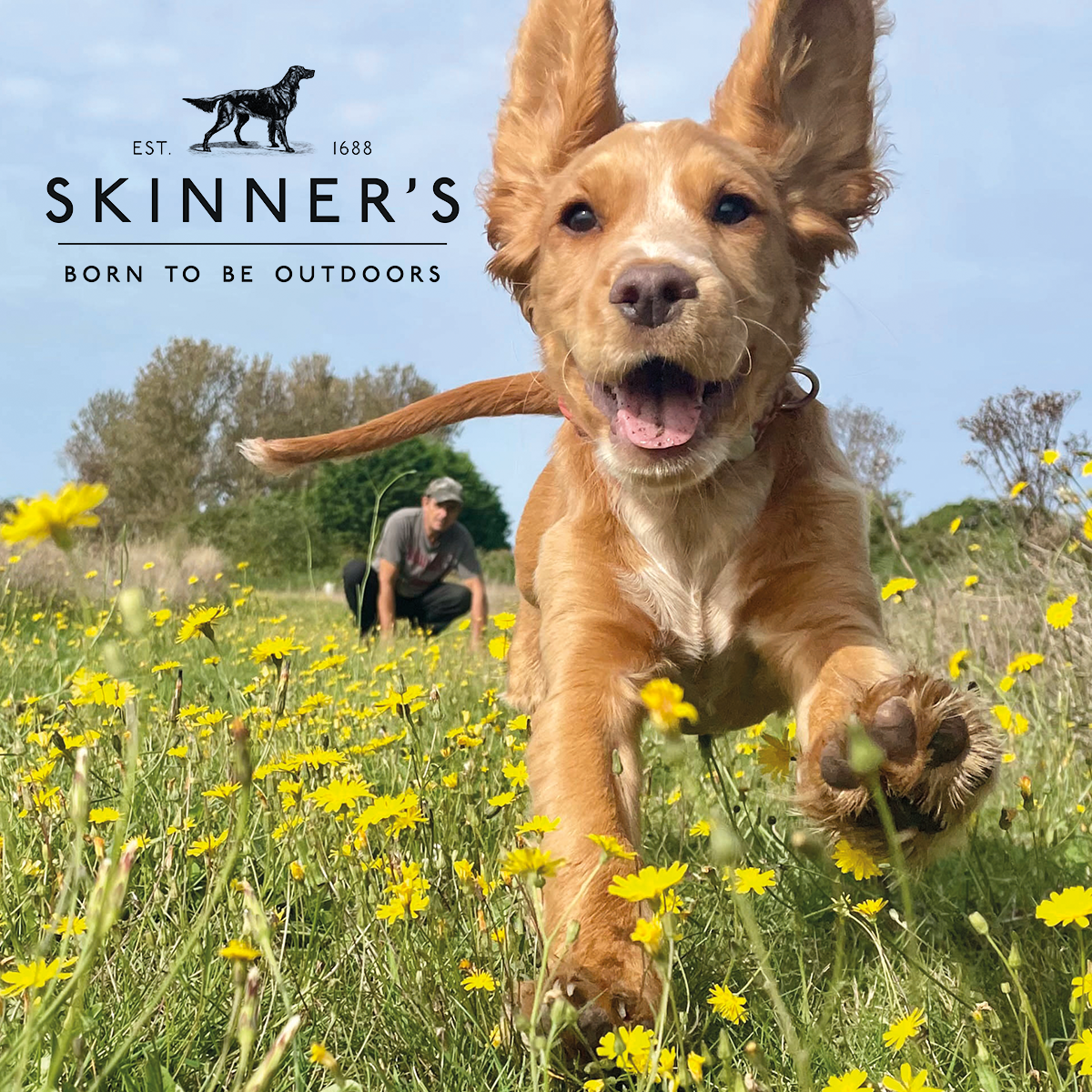Improving deer management
To improve deer management in the UK, we need to better understand deer populations — which is where the British Deer Society plays a vital role
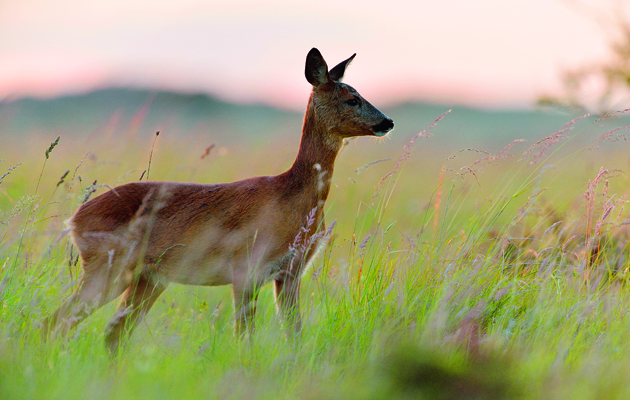
If you are shooting roe in England or Wales, 70-gre to 90-gr bullets will suit your .243 rifle very well
The British Deer Society (BDS) is renowned for its promotion of deer welfare and best practice management as well as for courses such as the Deer Stalking Certificate (DSC) 1 and 2, deer management and humane despatch. But did you know that part of its remit is to fund scientific research? The society aims to spend 10 per cent of the money raised by member subscriptions on research — equating to some £25,000 each year. BDS research and funding fall under the remit of the BDS Research Committee, which invites applications for research into any UK-related deer topic. “This can be a species-specific topic or something very broad reaching,” says John Bruce, chairman of the Research Committee, trustee director and chairman of the BDS Scottish Council.
Projects that the BDS wants to take forward itself can also be funded or co-funded; for example, the research carried out in conjunction with the Whitehead Trust based at Durham University. This PhD research by Karis Baker looked at genetic history of the British roe deer and its implications for diversity and fitness. It was co-funded by the Kenneth Whitehead Trust and the BDS. “BDS funding for research is open to all,” says John. “Anyone can apply for anything from a very small amount of money right up to £30,000 for a PhD. What is important is that each application meets our remit of promulgating science.
“If it does that, we then look at other criteria: does the project have academic integrity, is it topical, and what good will come out of it? Only then do we make our recommendation to the Board. Once the research is funded, we maintain communications with the researchers as the project develops and also ask for interim reports on developments for publication in the BDS Deer journal.”
Impartial advice
Advice on the robustness of the scientific research being proposed is given by Dr Alastair Ward, who has been the BDS’s honorary scientific advisor for the past three years and was, several years ago, its conservation and information officer.
Now working at the government Animal and Plant Health Agency, where he oversees a group of researchers at the National Wildlife Management Centre, Alastair started his career by doing a PhD on the management and ecology of roe deer, which brought him into contact with the BDS. His role now involves helping inform the society’s scientific direction and research requirements, as well as giving impartial advice on the merits of project proposals. He’ll look at whether the objectives are in line with the BDS’s values; if the project stands a chance of achieving its aims and whether it provides value for money. He also provides a peer review service for the scientific articles published in the BDS journal to ensure they are scientifically accurate. For Alastair, research funding by the BDS is critical.
“The BDS has a remit to improve standards in deer management and the best way of collecting impartial information is through scientific research,” says Alastair. “Recent and current projects are not only extremely interesting, but are crucial to increasing everyone’s understanding of deer and deer topics.”
Current research includes a project being carried out at Anglia Ruskin University that aims to assess the relationship between the major histocompatibility complex and body condition in Scottish red deer. The complex is a key part of the immune system, determining how an animal can adapt to the emergence of novel pathogens, which might be expected under several climate change scenarios. This project will research the spread of deer-impacting diseases that have emerged due to global warming, and
how it will affect deer management.
“This is exciting, as it could give an advance warning of how adaptable Scottish reds may be in the face of emerging pathogens,” explains Alastair.
The “Holy Grail”
For both John and Alastair, one of the most notable research projects funded by the BDS was the PhD undertaken by Dr Karis Baker on the population genetic history of British roe deer across the UK. “This has collated forever the history of the British roe deer; it really is the Holy Grail in this area,” comments John. “BDS members also got a great deal out of it as many project papers were published in the Deer journal, enabling us all to learn a great deal.”
The BDS is also keen to continue to provide what Alastair describes as “pump priming funds” that can be used to get ideas running that may not immediately be apparent to the bigger funders. “If we can do this, then hopefully bigger funders such as the UK Research Councils, for example, will recognise the importance of backing such research.”
As such, the BDS is actively seeking a fund-raiser who can take projects the BDS endorses and help find co-funding from other organisations. Proposed new projects will include research into the impact on deer habits and management by increased human access to the countryside — a topic that has emerged as access to the countryside increases.
“Our remit is to continue to pursue the Holy Grail,” says John. “By making more funds available and making our work more public we hope to stimulate the interest of the scientific world so we can all work to better understand deer and deer management in the UK.”

